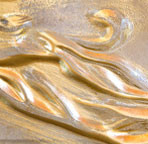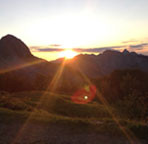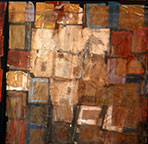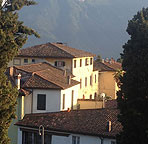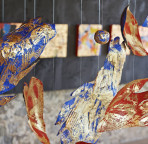In an essay called “Childhood and Poetry,” Pablo Neruda once speculated on the origins of his work. Neruda was raised in Temuco, a frontier town in southern Chile. To be born in Temuco in 1904 must have been a little like being born in Oregon a hundred years ago. Rainy and mountainous, “Temuco was the farthest outpost in Chilean life in the southern territories,” Neruda tells us in his memoirs.
( . . . )
Playing in the lot behind the house one day when he was still a little boy, Neruda discovered a hole in a fence board. “I looked through the hole and saw a landscape like that behind our house, uncared for, and wild. I moved back a few steps, because I sensed vaguely that something was about to happen. All of a sudden a hand appeared—a tiny hand of a boy about my own age. By the time I came close again, the hand was gone, and in its place there was a marvelous white toy sheep.
“The sheep’s wool was faded. Its wheels had escaped. All of this only made it more authentic. I had never seen such a wonderful sheep. I looked back through the hole but the boy had disappeared. I went into the house and brought out a treasure of my own: a pine cone, opened, full of odor and resin, which I adored. I set it down in the same spot and went off with the sheep.
“I never saw either the hand or the boy again. And I have never seen a sheep like that either. The toy I lost finally in a fire. But even now . . . whenever I pass a toyshop, I look furtively into the window. It’s no use. They don’t make sheep like that any more.”
Neruda has commented on this incident several times. “This exchange of gifts—mysterious—settled deep inside me like a sedimentary deposit,” he once remarked in an interview. And he associates the exchange with his poetry. “I have been a lucky man. To feel the intimacy of brothers is a marvelous thing in life. To feel the love of people whom we love is a fire that feeds our life. But to feel the affection that comes from those whom we do not know, from those unknown to us, who are watching over our sleep and solitude, over our dangers and our weaknesses—that is something still greater and more beautiful because it widens out the boundaries of our being, and unites all living things.
“That exchange brought home to me for the first time a precious idea: that all humanity is somehow together . . . It won’t surprise you then that I have attempted to give something resiny, earth like, and fragrant in exchange for human brotherhood . . .
“This is the great lesson I learned in my childhood, in the backyard of a lonely house. Maybe it was nothing but a game two boys played who didn’t know each other and wanted to pass to the other some good things of life. Yet maybe this small and mysterious exchange of gifts remained inside me also, deep and indestructible, giving my poetry light.”
—Lewis Hyde, The Gift: Creativity and the Artist
How un-self-centered an offering; how generous a receptacle for that which feeds our lives. It is striking that the poet associates this experience with the generation of his art and interesting to consider where the impulses for our own offerings come from.
Comments welcome.

